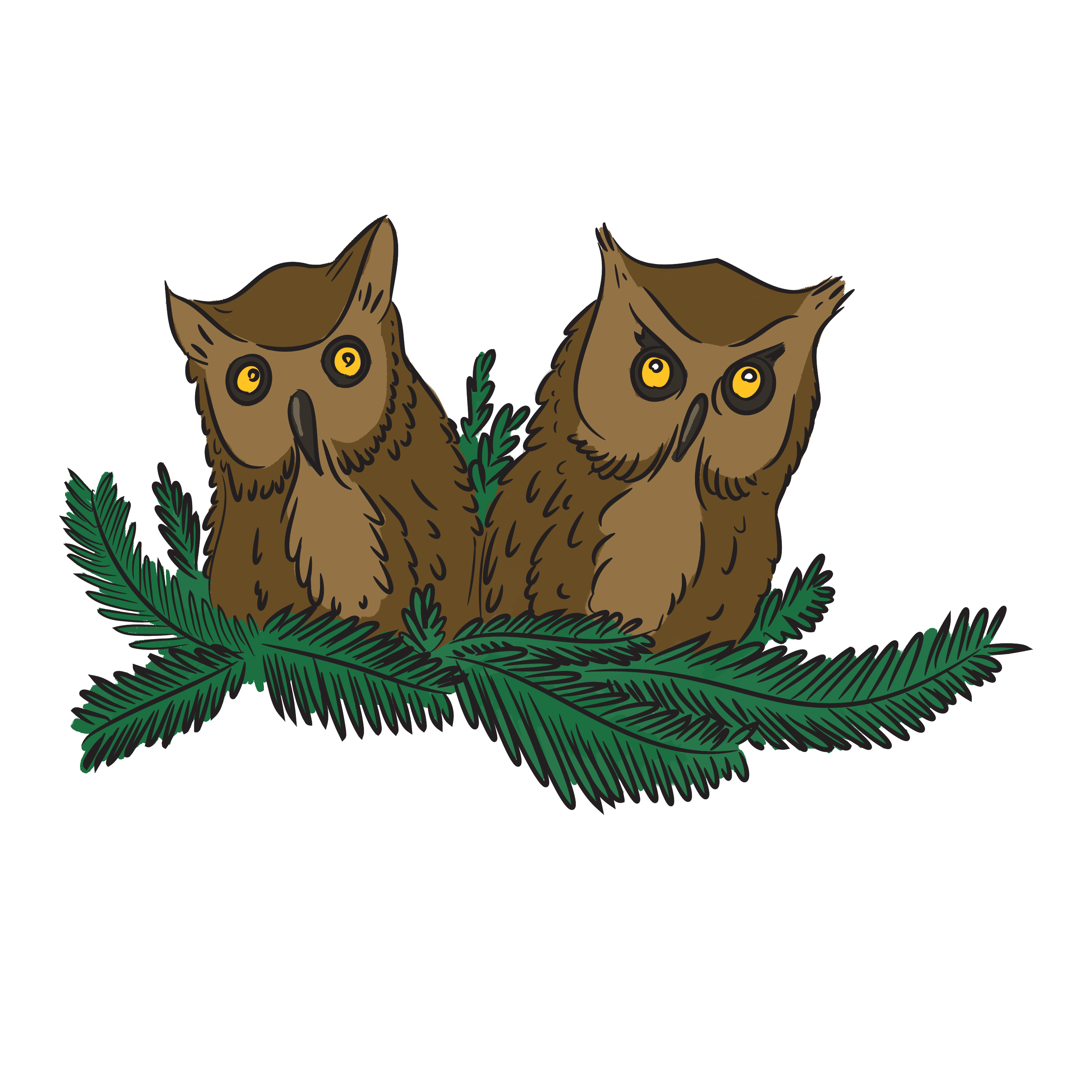
The "gift" of empathy – By Emily Axel
By Emily Axel on Support from June 8, 2021
Recently at work, someone praised me as having “the gift of empathy.” A genuine and well-intentioned compliment, and I took it as such. But I gnawed over the phrasing. Is empathy something that some people are simply gifted with? Or is it a skill like any other—one that can be learned, practiced, and maintained?
A social worker in the tech world
About three years ago, I decided to leave the field I’d been in my whole life (social work) and move over to SaaS customer support. My pitch was that I would be bringing social work skills to the tech sector. In fact, I even slapped that slogan on a business card for handing out at all the career networking events I imagined myself going to.
In the end I probably gave away a total of three or so, but managed to land a job at a SaaS company nonetheless, just like I’d set out to do.
My instincts that social work skills would come in handy in my new role were right on the money. I’m fortunate that my employers have recognized this and praise my ability to have difficult conversations smoothly, offer support to colleagues when they’re struggling, and empathize with customers with ease. But sometimes these are described as gifts rather than skills. And if they are skills, they’re soft skills at best. (More on that later.)
Like any skill, some people may be predisposed to being empathetic, or have a bit of extra natural talent for it than others. But when we describe empathy purely as a gift rather than a skill, three things can happen:
It can discount the work people have done to build this skill up.
It can devalue empathy as something that people should be compensated for accordingly.
It can reinforce the idea that either you have the gift or you don’t; and therefore potentially let others off the hook for building up their own.
How I learned
Getting a Master’s Degree in social work is a 2-year course in self-reflection. You think, talk, and write about feelings a lot. A cornerstone of the training is the process recording. Every social work student has to do 2-3 process recordings a week, as part of their field placement. My first of these placements was in a mental health outpatient treatment center, and the second was at a girls’ high school inside Rikers Island, New York City’s vast local jail complex.
Each week, I would have sessions with clients. And 2-3 times per week, I captured what happened in those sessions in process recordings. A process recording captures what was said (as close to verbatim as possible), what interventions were used, what the practitioner’s internal reactions were, and a place for my supervisor’s critique.
Dialogue | Internal Reactions | Skills and Interventions used |
|---|---|---|
MB: I don’t think I’m ever gonna get out of here. EA: Do you really believe that? | She seems pretty hopeless. I don’t know what I can say that will make her feel better. | Probing for a bit more information, seeing if she’s speaking hyperbolically. |
MB: Yeah, I been here 9 months already. Everything moves so slow. | 9 months is a long time, especially just waiting for her case to work through court. | |
EA: So you didn’t think you’d be here that long when you first arrived? | Maybe this isn’t what she expected. | Reflecting back what I think she’s saying. |
MB: No, I for sure did. A lotta my friends had been through here; I know how long the system takes. | Damn, I got it wrong. How many of her friends have been arrested, I wonder? |
Other professions such as nursing and psychology use process recordings as a training tool as well. It’s also common to do them when starting at a new job, as a supervision exercise.
Writing process recordings was time consuming for sure, and felt tedious at times. But I was surprised to learn that writing a verbatim interaction with someone was not as difficult as I thought it would be, especially as I knew I was going to have to do it, and if I got it all down directly after the session. My brain had better recall than I thought.
Over time, I also learned how to be more vulnerable and honest regarding my own thoughts and reactions to what was being said. Having an internal monologue full of biases, gut reactions, and random thoughts is one thing; seeing it in black and white, and handing it over to someone else to review was quite another.
But it was through vulnerability that I learned how my own prejudices, experiences, and projections got in the way of me connecting with the human being on the other side of the table. Week after week, increasing this awareness started to become second nature, like muscle memory.
Soft skills are really hard (and really valuable)
I don’t truly understand the need to divide skills into hard and soft categories, but it’s a common practice in the world of job descriptions, employee evaluations, and career development. A few examples of “what’s the difference”:
From Indeed:
Hard skills are technical knowledge or training that you have gained through any life experience, including in your career or education. Soft skills are personal habits and traits that shape how you work, on your own and with others.
From The Balance Careers:
Hard skills are teachable abilities or skill sets that are easy to quantify…. Soft skills, on the other hand, are subjective skills that are much harder to quantify.
From Workable:
Hard skills, also called technical skills, are job-specific, relevant to each position and seniority level…. Soft skills are general characteristics, relevant to personality traits…. Hard skills are measurable and can be described using numerical or yes/no criteria. On the other hand, soft skills are often intangible or hard to quantify and are usually described with qualitative scales.
As I read these, a few questions come to mind:
Why does describing a skill as soft sound a little pejorative?
Is it possible we think there’s no way to measure skills like communication, adaptability, and open-mindedness because we’ve just never bothered to try?
Why are hard skills always listed first, and soft skills second? This makes me think that hard skills are the must-haves, and soft skills are more of a bonus.
The Balance Careers goes on to describe hard skills as “often more quantifiable, and easier to learn than soft skills” citing an example of a carpenter learning to use a power saw as a hard skill. I’ve tried to learn to use a power saw and did not find it objectively easier to learn than active listening.
Other ways to strengthen the skill of empathy
The act of writing down and reflecting on all my internal thoughts during sessions with clients as a social work student is only one exercise that has helped me build my empathy skills.
Others include:
Consume diverse media. Reading books and listening to podcasts by people who aren’t like you provides great opportunities to learn about their experiences first-hand and strengthen those empathy muscles.
Follow lots of different types of people on social media: Social media gives everyone a great opportunity to “listen in” on conversations between people whose experiences are different from their own. If you’re white, follow some people on Black Twitter. If you’re not disabled, check out Disability Twitter. Every day I’m struck by things that had never occurred to me before, and those moments really stick.
Practice practice practice. Value the quality of the interaction over urgency. Pause. Reflect. Question. Then react.
None of the above suggestions is anything others haven’t said before many times. But they’re worth repeating in this context as we all work toward honing our own skill of empathy; an essential skill for anyone who’s trying to help others by writing words.


Writing docs
(253)

General posts useful to all documentarians about writing documentation, editing and publishing workflows, and more.


Feature spotlight
(15)

Your flight plan for how to get the most out of KnowledgeOwl features and integrate them into your workflows.


Announcements
(21)

Major KnowledgeOwl company announcements.


Customer stories
(9)

Learn how others are using KnowledgeOwl & get pro tips on how to make the most of KO!


Company culture
(40)

Find out more about who we are and what we value.


Support
(75)

We believe good support is the foundation of good business. Learn about support tools and methodology.


Tools
(64)

Learn more about tools to solve various documentarian issues, within and beyond KnowledgeOwl.


All
(384)

Not sure what category you need? Browse all the posts on our blog.

Got an idea for a post you'd like to read...or write?
We're always looking for guest bloggers.
Learn moreStart building your knowledge base today
- 30 days free (and easy to extend!)
- No credit card required
- Affordable, transparent pricing
- No cost for readers, only authors
Want to see it in action?
Watch a 5-minute video and schedule time to speak with one of our owls.


